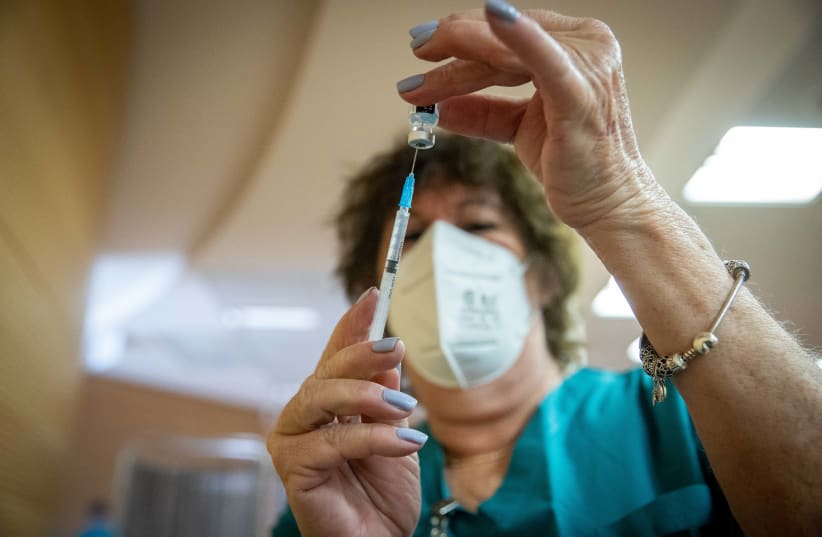Last week, Pfizer said a similar laboratory study showed the vaccine was effective against one key mutation, called N501Y, found in two highly transmissible variants spreading in Britain and South Africa.
The latest study, posted on bioRxiv.org but not yet peer-reviewed, was conducted on a synthetic virus with 10 mutations that are characteristic of the variant B117 identified in Britain.
Among the 11 authors of the study are Ugur Sahin and Oezlem Tuereci, co-founders of BioNTech. Sahin is chief executive and his wife Tuereci is chief medical officer.
It means vaccine development would for now not have to start all over again and provides hope as record numbers of daily deaths from COVID-19 are reported in Britain. They are believed to be driven by the more transmissible variant.
The virus needs to be continuously monitored to check that changes maintain protection by vaccines, the study said.
Experts said the findings were reassuring and not surprising, and results from similar studies on the South African variant would be keenly watched.
“This makes it very unlikely that the UK variant will escape from the protection provided by the vaccine,” said Jonathan Stoye, a specialist in virus science at Britain’s Francis Crick Institute.
BioNTech has said it plans to publish a more detailed analysis of the likely effect of its vaccine on the South African variant within a few days.
The world is pinning its hopes on vaccines to rein in the coronavirus, first detected in the central Chinese city of Wuhan at the end of 2019.
“The South African strain has been detected in the UK – albeit currently in small numbers – but does seem to be increasing in recent weeks,” said Paul Hunter, a professor in medicine at Britain’s University of East Anglia.
“Variants with this mutation could reduce vaccine efficacy, though most likely all current vaccines would still be highly effective.”
Preparation for potential COVID-19 vaccine strain changes would be “prudent,” the study said on Wednesday.
The Pfizer/BioNTech COVID-19 vaccine and the one from Moderna, Inc., which both use synthetic messenger RNA technology, or mRNA, can be quickly adapted to address new mutations in the coronavirus if necessary. Scientists have suggested the changes could be made in as little as six weeks.
